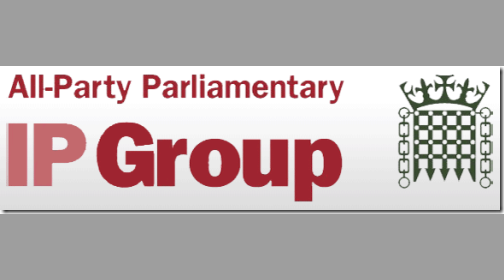theipo
Parody is illegal, say barmy bureaucrats
 The IPO chose Office Party Friday last week to unveil 15 more proposals on intellectual property reform. This is traditionally the most alcoholic workday of the year – and ministers might need another stiff drink as they digest the surprises that ideologically fanatical bureaucrats have been preparing for them.
The IPO chose Office Party Friday last week to unveil 15 more proposals on intellectual property reform. This is traditionally the most alcoholic workday of the year – and ministers might need another stiff drink as they digest the surprises that ideologically fanatical bureaucrats have been preparing for them.
Among the proposals is the suggestion to make copyright opt-in, which means the UK will be breaching European and international law, and the strange notion that parody and satire are illegal in the UK. Traditionally the civil service is not supposed to set policy, but carry it out. The advice they give ministers is expected to be dispassionate and weighted. But this is the Intellectual Property Office. It’s carjacked the policy bus and is driving it at the UK’s creative industries, freelance sectors and creative amateurs too. These fifteen documents fully reveal the IPO’s hand.
The bureaucratic elite and the Google Review. The story continues…
The Business Department BiS has launched a copyright consultation, inviting views on the recommendations raised in the "Google Review", as the "Hargreaves Review into IP and Growth" became known.
Hargreaves was tasked with looking for changes in UK IP law that could stimulate economic growth. Ian Hargreaves’ review featured significant input from the IPO, formerly the Patent Office, which was once at the Ministry of Fun, but is now an ideologically supercharged hothouse within BiS. Hargreaves and the bureaucrats faced two significant challenges.
One is that the small and medium-sized businesses that try and create wealth using the patents and copyright systems have a very different view of the "problem" than Google does, or a bureaucrat does. Patents are ruinously expensive for a clever inventor to defend, and many can’t afford to do so. Copyright can’t be cheaply or effectively enforced online – a big problem for the entire supply chain in various sectors from photographers and visual artists, to independent film makers, to labels – to name just a few.
When digital SMEs were actually asked what they thought of the IP landscape, they were quite emphatic. Only 10 per cent thought copyright was unfair, 7 per cent said it stopped them innovating, and only 5 per cent thought the UK copyright regime stopped them innovating. Large majorities of two-thirds or three-quarters thought copyright fair, and encouraged innovation. These figures, by the way, are from a report included in Google’s submission, created at Google’s expense… [pdf].
Over half of SMEs want better enforcement of their rights as inventors and creators. 52 per cent of SMEs said the costs of IP enforcement deterred them from using the system. It might have been expected, therefore, that Hargreaves would focus his time on enlightened enforcement suggestions, making policing cheap to stimulate growth.
But any attempt to enforce IP brings out the Chicken Little crowd, honking furiously that the sky is falling in on them. To enforce copyright online risks destroying the Unicorns’ natural habitat: the cybernetic meadow.


